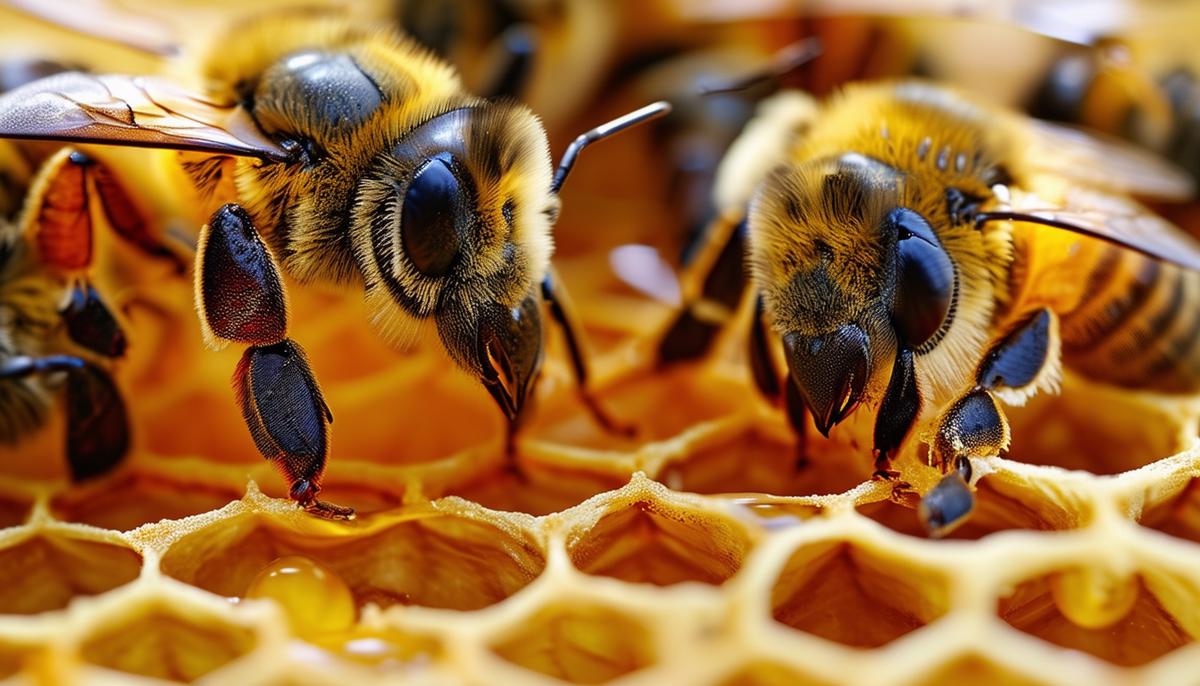Understanding the Basics of Sweeteners
Sweeteners come in two broad categories: natural and artificial. Natural sweeteners, like honey, maple syrup, stevia, and monk fruit, are derived from plant and animal sources. Honey, for instance, is created by bees from plant nectar, offering antioxidants, vitamins, and minerals. Maple syrup is made from the sap of sugar maple trees and contains antioxidants that may help fight illnesses. Stevia is a zero-calorie sweetener extracted from the leaves of the Stevia plant, while monk fruit, originating from Southeast Asia, is a plant-based sweetener that packs a sweetness punch without the extra calories.
Artificial sweeteners, on the other hand, are lab-created compounds designed to mimic the sweetness of sugar without the caloric impact. Examples include aspartame (a blend of amino acids), sucralose (a chlorinated derivative of sucrose), saccharin (the original artificial sweetener), and acesulfame potassium (Ace-K).
The production processes for these sweeteners vary. Natural sweeteners involve minimal processing, while artificial sweeteners undergo complex chemical reactions to create those tiny but mighty sugar substitutes.

Health Implications of Sweeteners
When it comes to health implications, natural sweeteners like honey and maple syrup offer some nutritional advantages, but they still contribute calories and can impact blood sugar levels. Honey, for instance, contains antioxidants, vitamins, and minerals, while maple syrup is loaded with cancer and diabetes-fighting antioxidants. However, moderation is key, especially for those managing diabetes or weight. Stevia and monk fruit, being non-nutritive, add sweetness without significantly impacting calorie count or blood sugar levels.
Artificial sweeteners, on the other hand, provide intense sweetness without the calorie spike, making them popular for those watching their weight or blood sugar levels. However, studies have raised concerns about potential health risks, such as cancer, cardiovascular issues, and gastrointestinal discomfort. Some research has also shown that artificial sweeteners like sucralose and aspartame could negatively affect gut health.
Both the FDA and the EFSA have evaluated and approved several artificial sweeteners, ensuring they meet safety standards, but with recommended Acceptable Daily Intake (ADI) levels. The World Health Organization has also advised caution when using non-sugar sweeteners for weight loss, citing insufficient evidence to support their effectiveness as weight-loss strategies.

Environmental and Ethical Considerations
Artificial sweeteners have a significant environmental cost due to their energy-intensive production processes and the potential for environmental persistence, as they often remain resistant to wastewater treatment processes and can harm aquatic life.
Natural sweeteners like honey, maple syrup, stevia, and monk fruit also pose environmental and ethical challenges. Honey production can stress bee colonies and contribute to Colony Collapse Disorder (CCD) if beekeeping practices are unsustainable. Maple syrup production relies on the health and availability of sugar maple trees, which are sensitive to climate change. Sustainable farming practices are crucial for ensuring that natural sweeteners like stevia and monk fruit do not contribute to environmental degradation.
As consumers, supporting sustainably farmed and ethically sourced sweeteners, looking for certifications like Fair Trade or USDA Organic, purchasing from local producers, and choosing minimally processed options can help mitigate negative environmental and ethical impacts. Moderation in consumption is also important, as it reduces the demand for resource-intensive industrial processes.

Both natural and artificial sweeteners have their advantages and considerations. Being mindful of the health implications, environmental impact, and ethical concerns can help you make better choices for your well-being and the planet, whether you're adding honey to your tea or opting for a low-calorie artificial sweetener in your baking.
- American Medical Association. AMA Manual of Style: A Guide for Authors and Editors. 11th ed. Oxford University Press; 2020.
Leave a Reply